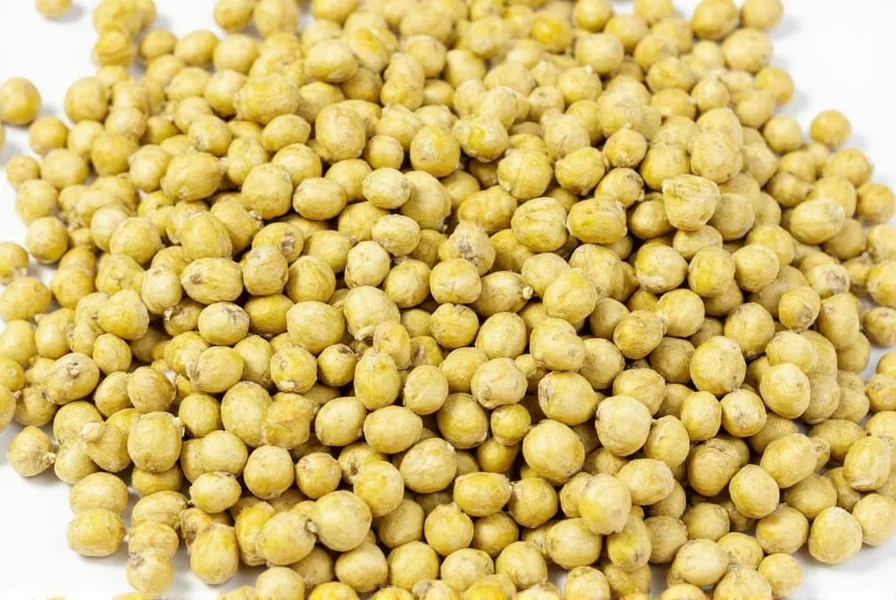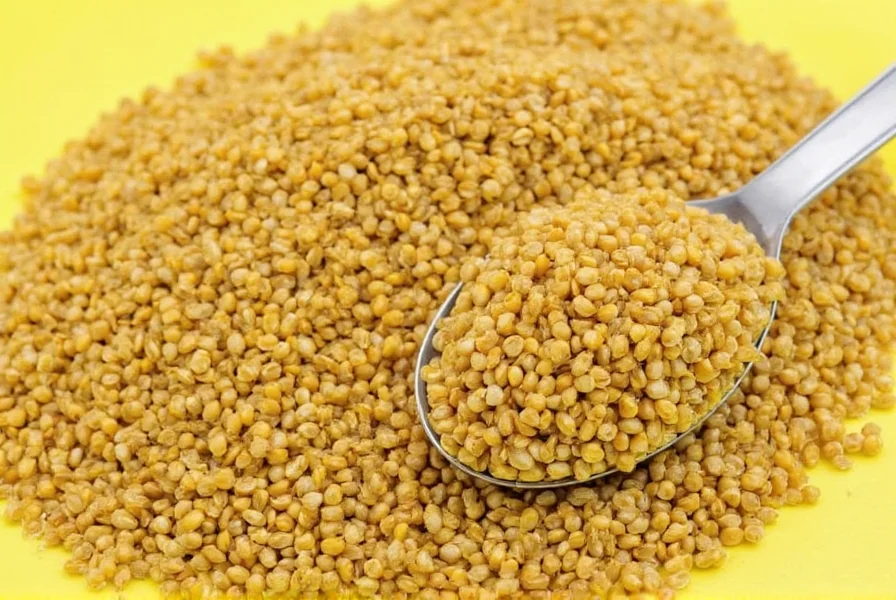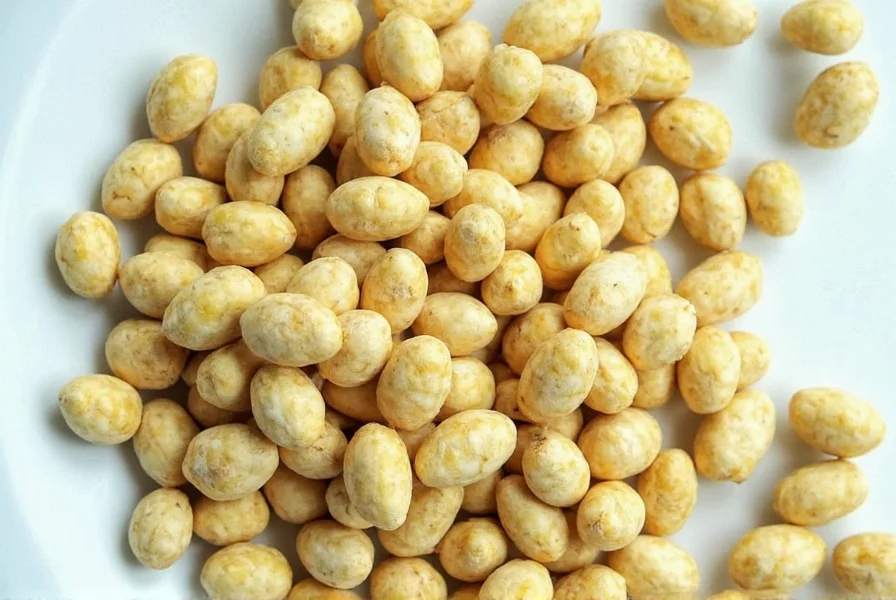Fenugreek (Trigonella foenum-graecum), a traditional medicinal herb used for centuries in Ayurvedic and Chinese medicine, has gained significant attention in recent years for its potential effects on male hormone balance. As men increasingly seek natural approaches to support testosterone levels, scientific research on fenugreek and testosterone has expanded considerably.
What Is Fenugreek and How Might It Affect Testosterone?
Fenugreek seeds contain bioactive compounds including furostanol saponins, which researchers believe interact with hormone pathways. Unlike synthetic testosterone boosters, fenugreek doesn't directly add hormones to the body but appears to influence testosterone metabolism through several mechanisms:
- Inhibition of 5-alpha reductase: This enzyme converts testosterone to dihydrotestosterone (DHT). By partially blocking this conversion, fenugreek may help maintain higher free testosterone levels.
- Modulation of sex hormone-binding globulin (SHBG): Some studies suggest fenugreek may reduce SHBG binding, increasing the amount of bioavailable testosterone.
- Stimulation of luteinizing hormone: Research indicates fenugreek may enhance signaling from the pituitary gland to testes, potentially supporting natural testosterone production.
Scientific Evidence: What Research Says About Fenugreek and Testosterone
Multiple clinical trials have investigated fenugreek's effects on testosterone levels with varying results. A comprehensive review of the most rigorous studies reveals important patterns:
| Study | Participants | Dosage/Duration | Testosterone Results | Additional Benefits |
|---|---|---|---|---|
| Wankhede 2016 | 50 resistance-trained men | 500mg/day for 8 weeks | 18% increase in free testosterone | Improved strength, libido, and fat loss |
| Broeder 2010 | 49 men with low testosterone | 600mg/day for 12 weeks | 25% increase in free testosterone | Enhanced sexual arousal and function |
| Rao 2016 | 60 men with age-related low testosterone | 675mg/day for 12 weeks | 14% increase in total testosterone | Improved energy and mood |
| Udani 2016 | 105 men with low libido | 600mg/day for 12 weeks | No significant change in testosterone | Improved sexual function and satisfaction |
The research suggests fenugreek's effects on testosterone levels are most pronounced in men with clinically low baseline levels. Men with normal testosterone ranges typically experience more modest hormonal changes but may still benefit from improved sexual function and vitality.
Understanding the Limitations of Fenugreek Research
While promising, current research on fenugreek and testosterone has several important limitations that consumers should understand:
- Most studies have relatively small sample sizes (typically under 100 participants)
- Long-term effects beyond 12-16 weeks remain poorly studied
- Optimal dosage and formulation (standardized extract vs. whole seed) requires further investigation
- Individual responses vary significantly based on age, baseline hormone levels, and overall health
Researchers note that fenugreek appears more effective for improving sexual function and libido than for substantially increasing muscle mass or athletic performance. This suggests its primary benefits may relate to hormone metabolism rather than dramatic testosterone elevation.
Recommended Usage and Safety Considerations
For those considering fenugreek supplementation for testosterone support, evidence-based recommendations include:
- Dosage: 500-600mg of standardized fenugreek extract daily (standardized to 50% furostanol saponins)
- Duration: Minimum 8-12 weeks to assess effects
- Timing: Split doses (morning and evening) with food to enhance absorption
- Form: Look for products with clinical backing, preferably containing Testofen® or FenuSMART®
Fenugreek is generally well-tolerated, but potential side effects include mild digestive discomfort, dizziness, and a maple syrup-like body odor. Men with diabetes should monitor blood sugar levels as fenugreek can lower glucose. Those with hormone-sensitive conditions or taking blood thinners should consult a healthcare provider before use.

Fenugreek Compared to Other Natural Testosterone Supporters
When evaluating fenugreek as a potential testosterone support, it's helpful to understand how it compares to other popular natural options:
- Zinc: Essential for testosterone production but only effective in cases of deficiency
- Vitamin D: Strong correlation with testosterone levels, particularly in deficient individuals
- Tribulus terrestris: Limited evidence for testosterone effects despite popularity
- D-Aspartic Acid: May boost testosterone short-term but effects diminish with prolonged use
Fenugreek appears unique in its dual action on both testosterone metabolism and sexual function. Unlike many single-mechanism supplements, it addresses multiple pathways related to male hormone health, making it a potentially valuable component of a comprehensive approach to maintaining healthy testosterone levels.
Practical Recommendations for Men Considering Fenugreek
For men interested in using fenugreek to support testosterone levels, evidence suggests the following approach:
- Get baseline testosterone testing before starting supplementation
- Choose a clinically studied fenugreek extract (500-600mg daily)
- Combine with lifestyle factors: strength training, adequate sleep, stress management
- Allow 8-12 weeks before assessing results
- Re-test testosterone levels to measure actual changes
Remember that no supplement replaces healthy lifestyle habits. Fenugreek works best as part of a comprehensive approach to male health that includes proper nutrition, regular exercise, quality sleep, and stress reduction.

Conclusion: Setting Realistic Expectations
Current evidence suggests fenugreek can provide modest but meaningful support for testosterone levels, particularly in men with suboptimal baseline levels. While it won't produce the dramatic increases seen with pharmaceutical testosterone replacement therapy, it offers a natural option with a favorable safety profile. The most consistent benefits appear to be improved sexual function and vitality rather than substantial muscle growth.
Men considering fenugreek for testosterone support should maintain realistic expectations, understand that individual responses vary, and recognize that supplements work best when combined with healthy lifestyle practices. As research continues to evolve, fenugreek remains one of the better-studied natural options for supporting healthy male hormone balance.
Frequently Asked Questions
How long does it take for fenugreek to increase testosterone?
Most clinical studies show measurable effects on testosterone levels after 8-12 weeks of consistent daily supplementation with 500-600mg of standardized fenugreek extract. Individual response times may vary based on baseline hormone levels, age, and overall health status.
Does fenugreek work for low testosterone in older men?
Research suggests fenugreek may be particularly beneficial for older men with age-related low testosterone. Studies involving men over 40 have shown improvements in both free testosterone levels and sexual function, though the magnitude of testosterone increase tends to be more modest than in younger men with clinically low levels.
Can women take fenugreek for hormone balance?
Yes, women sometimes use fenugreek for hormonal support, particularly for menstrual regularity and lactation enhancement. However, women should consult with a healthcare provider before using fenugreek for hormone-related concerns, as it may affect estrogen metabolism and could interact with hormonal medications.
What's the difference between fenugreek seed and fenugreek extract for testosterone?
Fenugreek extract, particularly standardized formulations containing 50% furostanol saponins, has demonstrated more consistent effects on testosterone in clinical studies compared to whole fenugreek seeds. The extract concentrates the active compounds believed to influence hormone metabolism, while whole seeds contain lower concentrations of these bioactive components.











 浙公网安备
33010002000092号
浙公网安备
33010002000092号 浙B2-20120091-4
浙B2-20120091-4